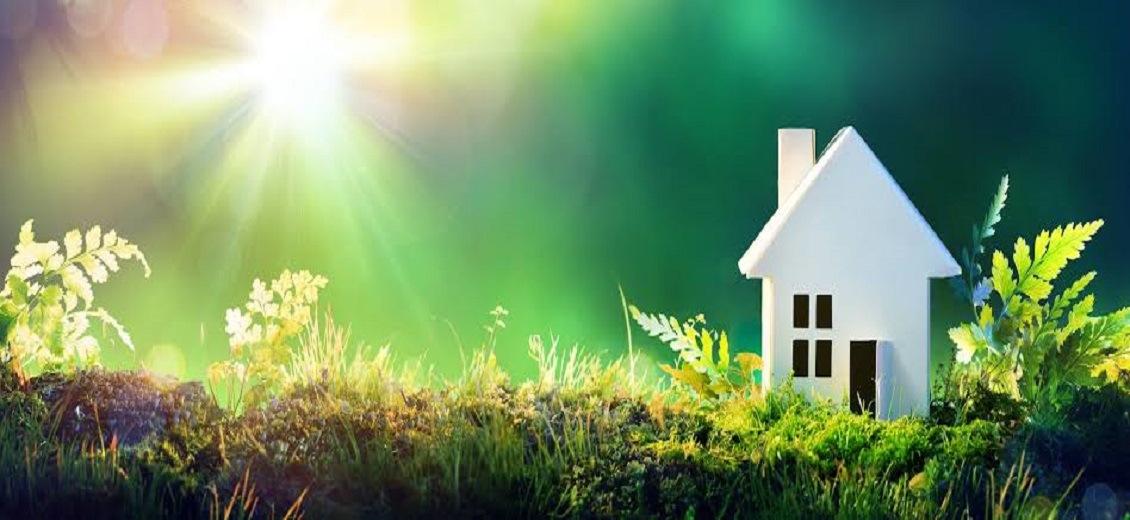
Many of us go for a walk everyday. Go out for the market, go out to meet a friend or just go on a run to make health. Every second in Norway is seen walking and running in the forests or mountains. The situation is more or less the same in Sweden and Denmark, cyclists may be more visible in Denmark. With this jogging, in the last few years a new word has been coined – plogging (jogging + pluck). Now these people carry a bag with them, in which they fill a packet of chips or beer cans thrown in the road or forest. It is becoming a culture of Scandinavia, which people like Ripudaman Belavi of India made it a culture of India too. The Prime Minister of India himself was inspiring people by picking up garbage from a seashore. It is an easy way to take care of your health as well as the environment. But, how to put this practice in our DNA?
In fact, it is already present in the DNA of India. Things like Prabhat-Feri have been happening since the pre-independence period, in which people used to clean every morning from village to city and bring awareness. But, gradually this ferry became less visible and was reduced to a political stunt that one day Netaji organized a Prabhat-pheri and did a photo-shoot. How to restart it, and where to start? Let me give an example of this.
A competition is held regularly in Norwegian schools, in which children collect empty bottles, etc. Some of these are reminiscent of the days when Indian towns were visited by hawkers to buy bottle-waste. Children roam around and collect these bottles from the localities. Like a government rule, it is written on every bottle that what is the value of that waste. Garbage also has value after all. For example, if you collect ten bottles, then put them in the 'kiosk' machine installed in any good shop, then you will get the price. If you want, you can buy some food or some stuff with that amount, or there is an arrangement that you buy lottery tickets. If you are lucky, you might get a lottery of one lakh from that garbage! The rule in schools is that all the money earned from the waste is collected and donated to charity. The purpose of this practice is that children should understand from childhood that nothing is garbage in the world, everything has a value. everything again
It may be surprising to know that cold regions like Norway and Sweden also import waste from other countries, which is burnt to generate energy. This is called 'eco-friendly' fuel. If India makes such an agreement, then it can earn a lot from these countries by exporting waste. I think a Ghazipur dump in Delhi will be enough for these small countries. Therefore, I will reiterate that garbage is valuable.
In this episode, let me also talk about the popular markets of Norway. These bazaars are the bazaars of old goods, also known as Chor-bazaar or Kabadi Bazaar in India. It is common here that a person sets up a 'garage-cell' in his house. There he will be seen selling old children's clothes, shoes, kitchen plates, old car parts, furniture etc. This is not considered bad, rather people traveling in good vehicles park their cars and pick up things from these markets. My personal experience is that there is no better market than this. Many books, many fine furniture, many antique items, sports equipment, are available at very cheap prices. Its advantage is that the needy gets better than throwing things away. What is garbage for you now becomes a thing of use for someone else.
Some may ask whether the food has to be thrown away. It stays fresh for a certain time only. For example, only in Norway, sixty thousand bananas go to the garbage every day because they are not fresh. Some Danish youths together created an app 'To Good to Go'. It has now reached India also. If you have this app, you can eat food cooked by a five-star hotel for free or at a very low cost. In fact, these hotels throw their remaining food in the garbage every day, which is picked up by the volunteers of this app, and put on the app. They pick it up from the hotel free of cost and deliver it to the needy. Even if there is food left in the houses, they come and take it home. Even after that, if they survive, they try to take them to the homeless.
The world is now on that ladder that people change mobiles every year, so such plans are necessary. Otherwise we will sit on a pile of garbage or get suffocated in the same heap. Many countries of the world are now on that path that petrol-diesel vehicles should be reduced. Electric buses are now running in my city, although that is not a solution either. Electricity also requires fuel, even if there is a battery. I saw multi-storey cycle-parking in the Netherlands and Denmark. At every train station. The situation was such that even a little bit of healthy, he is on a cycle. Even the Prime Minister can be seen leaving the office on a cycle. Now such expressways are being prepared, on which only cycles will run. In Utrecht in the Netherlands, I noticed that half of the main road was reserved for cyclists, and cars were parked in one lane. If people cycle like this for twenty-thirty kilometers a day, how healthy they will become along with the environment!
No comments:
Post a Comment